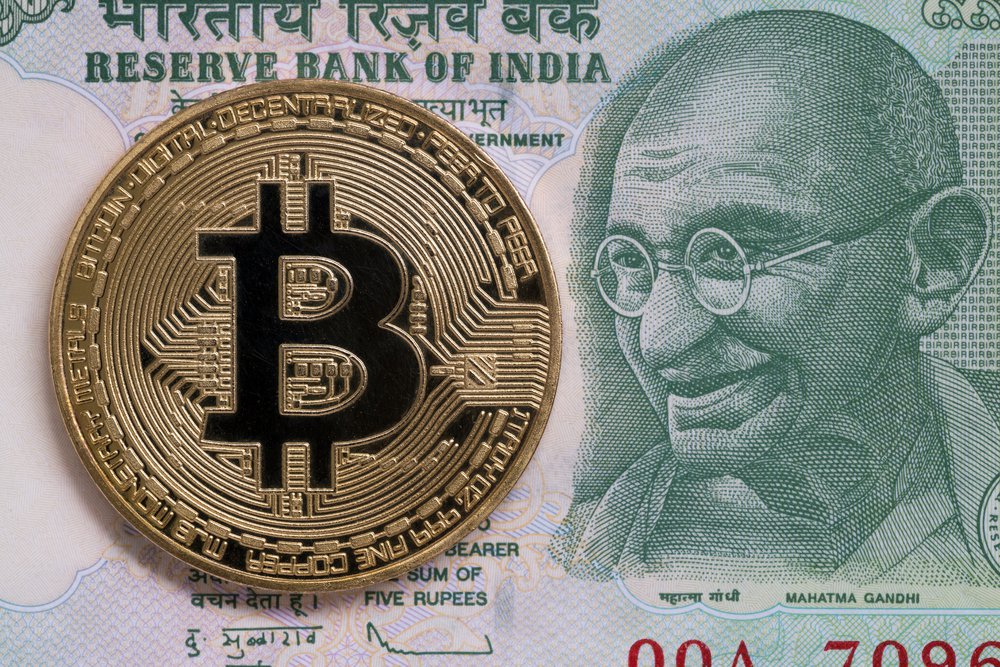- The Reserve Bank of India (RBI) has constituted an inter-departmental group to study and provide guidance on feasibility to introduce fiat digital currency backed by it.
- The report by the group will be submitted by end-June 2018.
- RBI has recently recent clamped down on virtual currencies, including Bitcoin, directing all entities regulated by the central bank — mainly banks, finance companies and wallets — not to deal with or provide services to individuals dealing with such crypto currencies and decided to launch fiat digital currency backed by the central bank.
- Fiat currency is currency that a government has declared to be legal tender. It is different from cryptocurrency or virtual currency like Bitcoin which is not legal tender and not backed by government.
- Central banks around world are exploring options of introducing ‘fiat’ digital currencies in landscape of rapidly changing payments industry with technological evolution. The emergence of private digital tokens such as virtual currencies and rising costs of managing fiat paper and metallic money have led them to explore option of introducing ‘fiat’ digital currencies.
- The Bank of England was one of the first to initiate a global discussion on prospects for introduction on Fiat digital currency. In November 2017, the central bank of Uruguay had announced to begin test to issue digital Uruguayan pesos. The Central bank of Sweden is however the closest to consider its implementation.
Fiat Digital Currency
- Fiat Digital Currency (or Central bank digital currency) is the digital form of fiat money which is currency established as money by government regulation or law. As opposed to private digital tokens, fiat digital currency will be issued by central bank.
- Fiat Digital Currency will constitute liability of central bank, and will be in circulation in addition to widely used paper and metallic currency. They will be based on block chain technology which is backbone of unregulated virtual currencies like bitcoin.
- They will be legal tender as compared to virtual currencies that raise concerns of consumer protection, market integrity and money laundering, among others. Blockchain technology behind it has potential benefit for financial inclusion and enhancing efficiency of financial system.
Source: Indian Express

